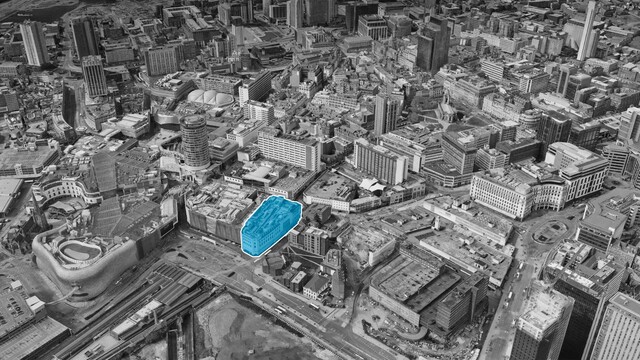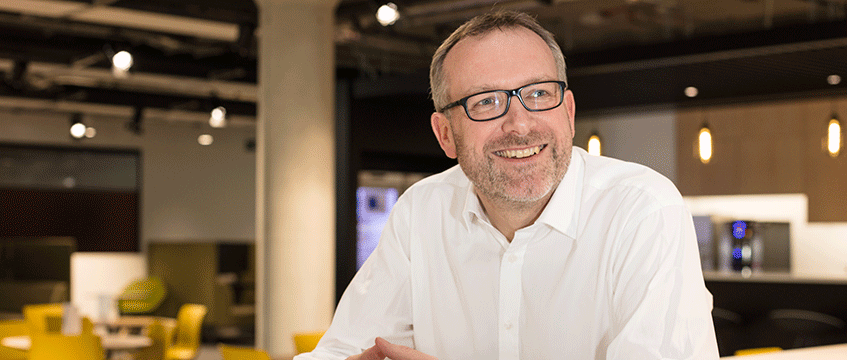Invest in transport to unlock development
We live in a time where the pace and scale of change is only increasing. Technological advances are creating enormous opportunities for the property industry, but other factors have led to wavering confidence within the sector.
In particular, political and economic uncertainty make it harder to build long-term plans. Lack of confidence is an issue that needs to be resolved if we want to retain a successful economy. In London alone, by 2041 there will be some 1.3m more people working in the capital – and those people will all need homes to live in and spaces to work.
At Transport for London, we balance our role as a transport provider with the responsibility of being one of London’s largest landowners and our commitment to deliver the affordable homes that the capital needs. While this dual role can be complex, it does mean we can take a long-term view.
We live in a time where the pace and scale of change is only increasing. Technological advances are creating enormous opportunities for the property industry, but other factors have led to wavering confidence within the sector.
In particular, political and economic uncertainty make it harder to build long-term plans. Lack of confidence is an issue that needs to be resolved if we want to retain a successful economy. In London alone, by 2041 there will be some 1.3m more people working in the capital – and those people will all need homes to live in and spaces to work.
At Transport for London, we balance our role as a transport provider with the responsibility of being one of London’s largest landowners and our commitment to deliver the affordable homes that the capital needs. While this dual role can be complex, it does mean we can take a long-term view.
The proximity of transport infrastructure makes our land attractive. This gives us the confidence to drive forward our property programme, such as our build-to-rent partnership with Grainger, which will strengthen the economy through the creation of thousands of new homes, commercial and retail spaces, as well as deliver thousands of new jobs.
It is vital that the rest of the industry is able to share our confidence. Again and again, experience has shown that investment in transport infrastructure unlocks development.
Transport and property are inextricably linked in shaping cities
Projects such as the Jubilee Line extension and TfL’s creation of London Overground have undoubtedly contributed to the transformation of east London. Crossrail has already started to encourage the regeneration of towns such as Romford, and it will provide more than 3m sq ft of high-quality office, retail and residential space over and around the new Elizabeth Line stations and construction sites. Further afield, Transport for the North has said that its investment plan could contribute towards an additional £100bn in economic growth, creating 850,000 jobs.
As we look ahead, there is a range of infrastructure projects that will unlock opportunity, including the Bakerloo Line extension. Crossrail 2 would support the development of up to 200,000 new homes and 200,000 jobs across London and the South East. Only those of us who have seen behind the scenes on Crossrail can have any sense of the impact the Elizabeth Line will have on life in London. We should be bringing forward its successor now.
Upgrading existing infrastructure can also be transformational. New trains on the Piccadilly Line, along with our intention to upgrade the line’s signalling, will increase capacity by 60% – that’s up to 21,000 additional customers an hour.
Transport and property are inextricably linked in shaping cities. If we want both these sectors to thrive, support the wider economy and create affordable homes and good growth that encourages more Londoners to use sustainable methods of transport, then the critical catalyst is investment in infrastructure.
Properly planned, development can be brought forward fully in step with infrastructure investment. We must ensure the potential of development is maximised, not only for the benefit of landowners and developers, but all those who want to see our cities grow in a way that delivers sustainable neighbourhoods and shared benefits for local communities.
Graeme Craig, commercial development director, Transport for London











